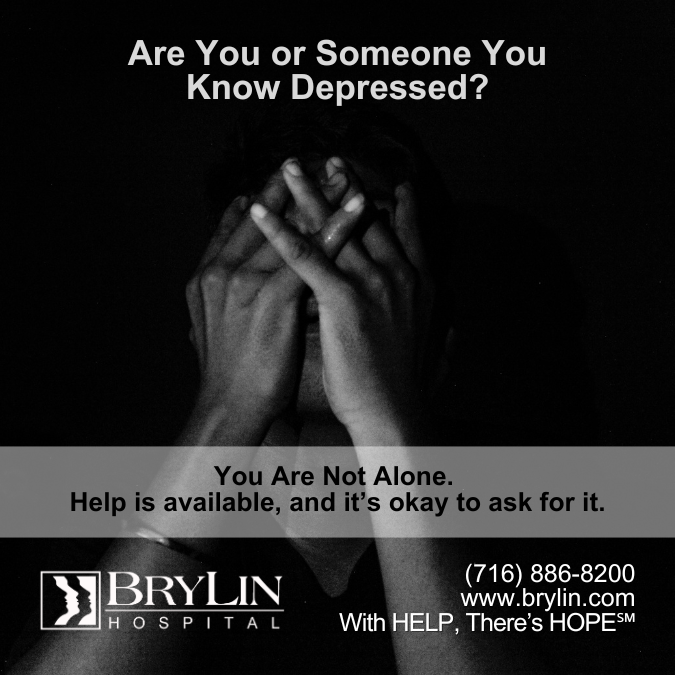Recognizing the Signs and Symptoms of Depression: It’s More Than Just Sadness
Understanding Depression: It’s Not Always Visible
When people think of depression, they often picture someone who is visibly sad or withdrawn. While sadness is a common symptom, the signs and symptoms of depression doesn’t always look the way we expect. In fact, many people with depression might not seem “sad” at all. They may carry on with their daily responsibilities, masking their struggles beneath the surface. Depression can be silent, and just because someone’s pain isn’t visible, doesn’t mean it isn’t real.
It’s important to recognize the diverse signs and symptoms of depression and understand that it manifests differently in each person. A deeper understanding can help us offer support and compassion, both for ourselves and for those around us who may be struggling.
Common Signs and Symptoms of Depression
Depression affects how a person feels, thinks, and acts. The symptoms can vary widely, and individuals may experience some or all of the following signs:
1. Changes in Sleep Patterns
Depression can significantly affect sleep. Some people may struggle with insomnia, finding it difficult to fall asleep or stay asleep. Others may experience excessive sleeping, feeling the need to sleep for much longer than usual but still waking up tired and fatigued.
2. Loss of Interest in Activities
One of the hallmark symptoms of depression is a loss of interest in activities that used to bring joy. Hobbies, social events, and even time with loved ones may no longer seem appealing, leaving individuals feeling detached or numb.
3. Persistent Fatigue or Low Energy
Depression can take a heavy toll on physical energy. People may feel exhausted all the time, even after a full night’s sleep. This persistent fatigue makes it hard to focus or complete even simple daily tasks.
4. Changes in Appetite or Weight
Depression can cause changes in appetite, which may result in significant weight gain or loss. Some individuals lose interest in food, while others turn to it as a source of comfort, leading to overeating.
5. Difficulty Concentrating
Mental fog, difficulty making decisions, or trouble remembering things are common cognitive symptoms of depression. This can make daily activities at work or school more challenging, adding to feelings of frustration and helplessness.
6. Irritability or Agitation
While we often associate depression with sadness, it can also appear as irritability, anger, or frustration, especially in men. Individuals may feel on edge or be easily triggered by minor stressors, lashing out at those around them.
Symptoms of Depression Don’t Always Look the Same
It’s essential to remember that depression doesn’t always fit a specific mold. Some people may be highly functioning – going to work, attending social events, and seeming “fine” on the outside – while battling intense emotional pain privately. These individuals may be experiencing what’s known as “high-functioning depression,” which is just as serious as any other form of the condition.
For others, depression may manifest as physical symptoms such as headaches, digestive problems, or chronic pain, which can be harder to link to mental health.
You Are Not Alone: Help Is Available
The most important takeaway is that depression is treatable. It’s okay to not be okay, and it’s crucial to reach out for help when you or someone you care about is struggling. Seeking support from a mental health professional can make a world of difference. Therapy, medication, or a combination of both can provide the relief and coping strategies needed to manage symptoms.
If you or someone you know is showing signs of depression, remember that help is available. Don’t hesitate to reach out, you are not alone. It’s a sign of strength to seek help, and treatment can improve quality of life.
Final Thoughts: Breaking the Silence
Understanding that depression doesn’t always appear as sadness helps us break the stigma surrounding mental health. By recognizing the many faces of depression, we can better support one another and remind ourselves that it’s okay to ask for help. Pain may not always be visible, but it is very real. So is the hope for healing. Remember, you’re not alone. Help is available and it’s okay to ask for it.



Comments are closed